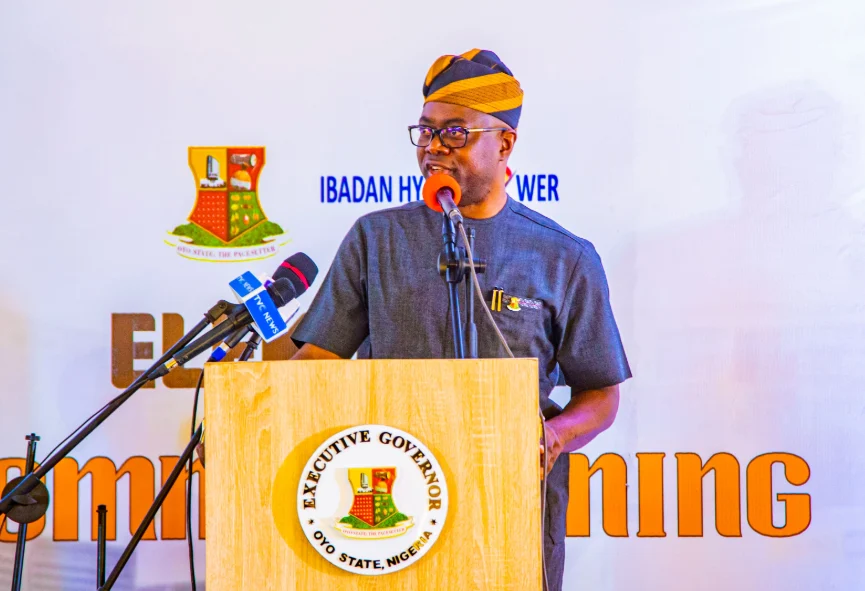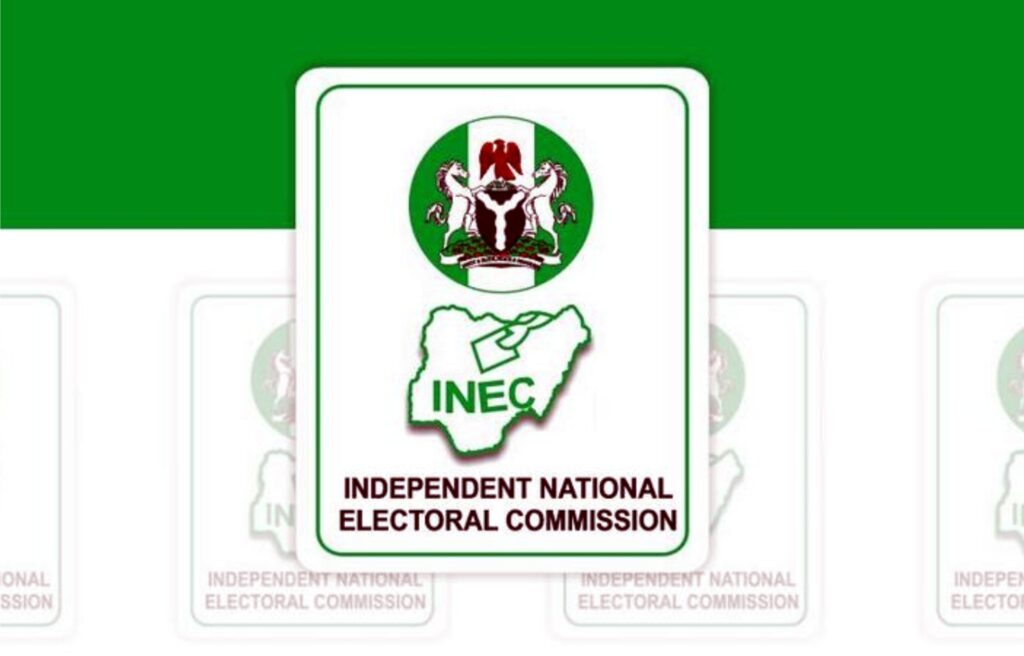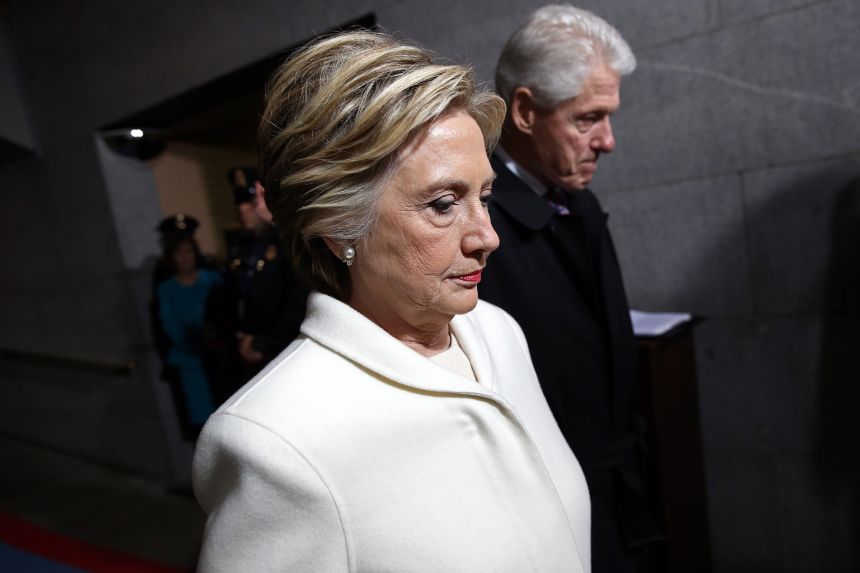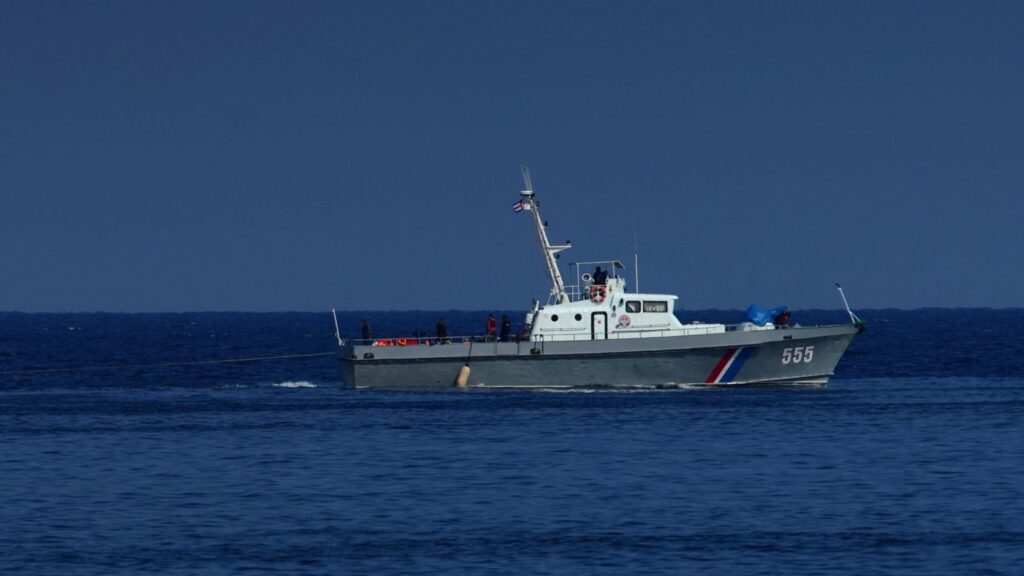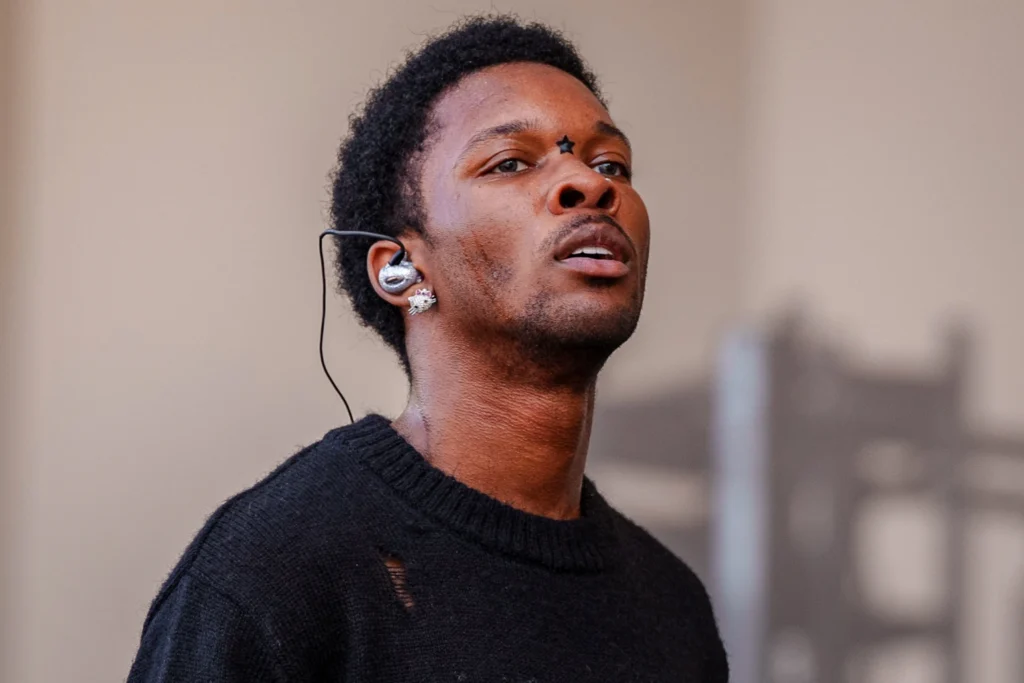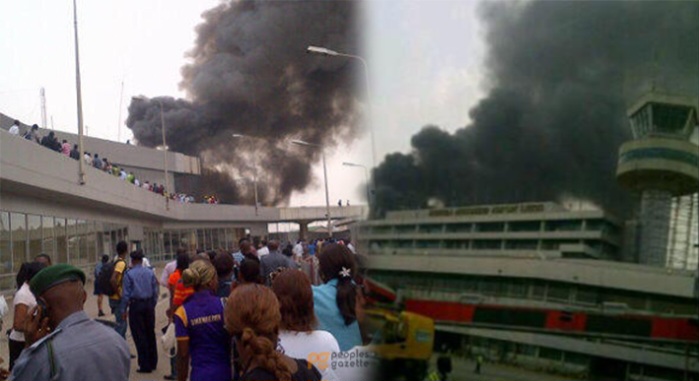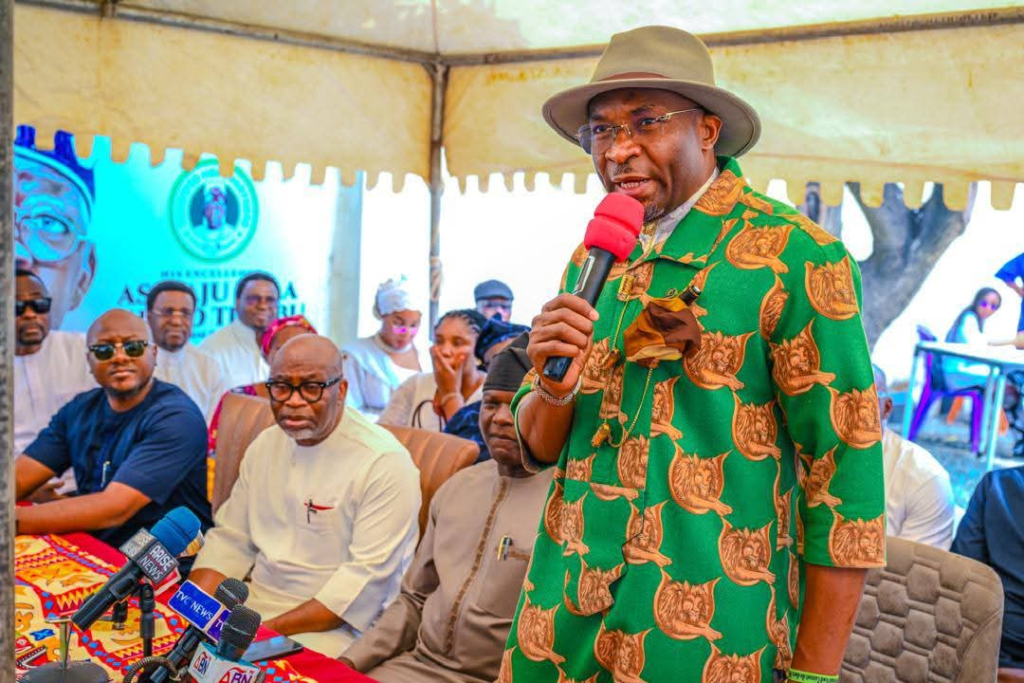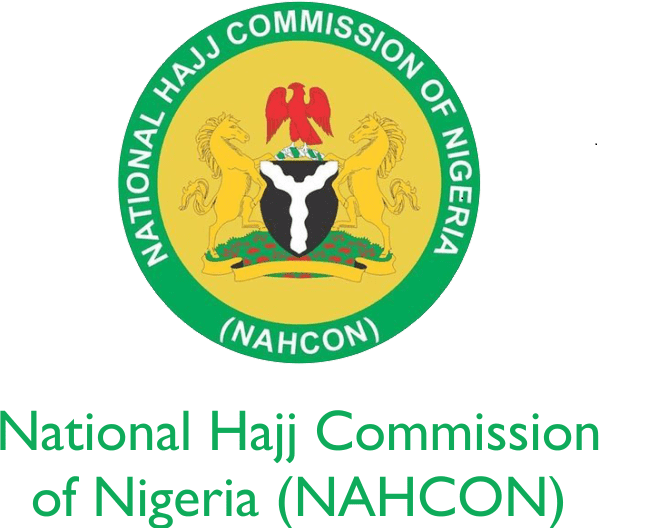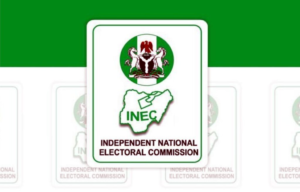As winter looms over Moldova’s capital, Chisinau, postal worker Petru Murzin, 39, is bracing for a difficult season. With fears of an energy shortage gripping the nation, many Moldovans are worried about the prospect of “no heating, no light” during the freezing months ahead.
On January 1, Russia’s state-owned energy company, Gazprom, is set to cut off gas supplies to Moldova, citing an alleged $709 million debt for past deliveries. Moldova’s pro-Western government disputes the claim, accusing Moscow of weaponizing energy to destabilize the European Union candidate country.
“This is a crisis that feels nearly impossible to resolve, and it worries me greatly,” Murzin told The Associated Press. “Price increases are bad enough, but no gas at all is devastating.”
The suspension threatens to halt operations at the Kuciurgan power plant, Moldova’s largest, located in the pro-Russian separatist region of Transnistria. The gas-operated facility supplies electricity to much of Moldova, raising fears of widespread power outages.
Transnistria, which broke away from Moldova after a brief war in 1992 and remains unrecognized internationally, declared its own state of emergency earlier this month. The region’s 470,000 residents, a large majority of whom are Russian speakers and include 200,000 Russian citizens, face an uncertain winter.
On December 13, Moldova’s parliament imposed a state of emergency in the energy sector, acknowledging the severe threat posed by the potential gas cutoff. The crisis has sparked concerns of a humanitarian emergency in Transnistria, where residents may be forced to travel to Moldova to access basic necessities during subzero winter temperatures.
Cristian Cantir, a Moldovan international relations expert at Oakland University, believes Moscow is leveraging the energy crisis to amplify tensions between Chisinau and Tiraspol, Transnistria’s de facto capital. “Moscow likely aims to exploit a humanitarian crisis in Transnistria to strain Moldova’s resources and deepen divisions,” Cantir said.
With the energy crisis looming, Murzin and many others in Moldova are preparing for an uncertain and challenging winter. “We are entering a very difficult year,” he said, echoing the concerns of a nation on edge.
The suspension underscores the broader geopolitical struggle between Moldova’s European aspirations and Russia’s influence in the region, leaving the country’s 2.6 million people vulnerable as winter sets in.


